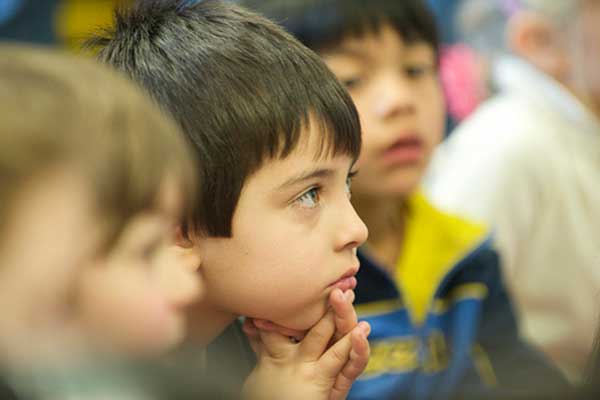By Katherine Davis-Young, Public News Service (AZ)
PHOENIX – Arizona ranks 45th in the nation when it comes to children’s well-being, according to the 2018 KIDS COUNT Data Book from the Annie E. Casey Foundation, released today.
The Data Book ranks states on economic, education, health and family indicators.
Dana Wolfe Naimark, president and CEO of the Children’s Action Alliance, says Arizona’s education rankings are of particular concern. For example, about 70 percent of Arizona fourth graders aren’t proficient in reading, and 62 percent of 3- and 4-year-olds aren’t enrolled in preschool.
“That is certainly not a good sign for our future workforce, and our future economic development,” Naimark said. “Those are areas where we know we need focused attention, we need leadership, and we need resources.”
Naimark believes Arizona’s teacher walkouts this spring demonstrated that there is widespread community support for improving public education in the state. Public-education advocates are working to get a measure to increase public-school funding added to Arizona ballots.
The Data Book also ranks Arizona 46th for children’s economic well-being, with nearly one-quarter of kids in the state in poverty – a figure that can’t help but have profound impacts on children’s health, learning, and ability to thrive as adults, according to Naimark.
“It’s really an alarm bell that even in a strong economy we’re letting so many children be left behind,” she added.
Nationwide, the Data Book shows more parents are employed and more families are able to afford housing than were five years ago.
But Laura Speer, associate director for policy reform and advocacy with the Annie E. Casey Foundation, said about 14 million American children still live in poor households.
“The trends are going in the right direction, but it’s still too many kids and their families who are struggling just to make ends meet,” said Speer.
The Casey Foundation pointed out that getting accurate population counts in the upcoming 2020 census will be critical to ensure that programs that support families with children are fully funded.









